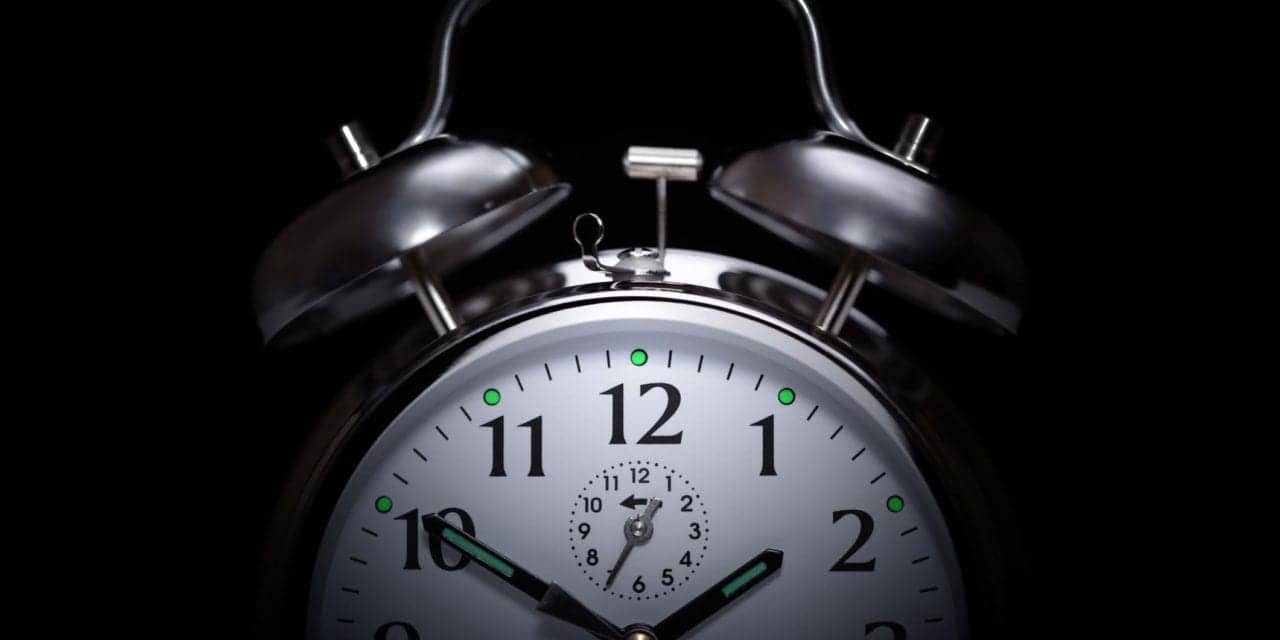The Guardian: The Deep Time project investigated how a lack of external contact and daylight would affect sense of time.
In partnership with laboratories in France and Switzerland, scientists monitored the 15 team members’ sleep patterns, social interactions and behavioral reactions via sensors. One sensor was a tiny thermometer inside a capsule that participants swallowed like a pill. It measured body temperature and transmitted data to a computer until it was expelled naturally.
The team members followed their biological clocks to know when to wake up, go to sleep and eat. They counted their days not in hours but in sleep cycles.
“It’s really interesting to observe how this group synchronizes themselves,” Clot said earlier in a recording from inside the cave. Working together on projects and organizing tasks without being able to set a time to meet was particularly challenging, he said.
Two-thirds of the participants expressed a desire to remain underground a little longer to finish group projects started during their stay, said Benoit Mauvieux, a chronobiologist involved in the research.
“Our future as humans on this planet will evolve,” Clot said after emerging. “We must learn to better understand how our brains are capable of finding new solutions, whatever the situation.”



